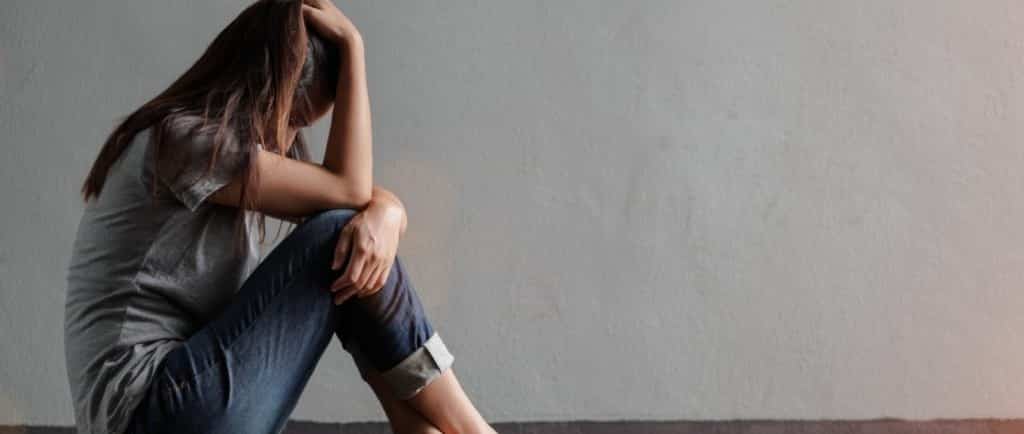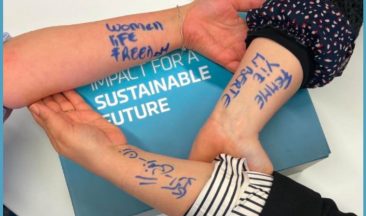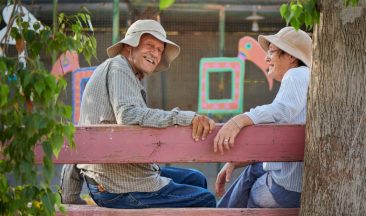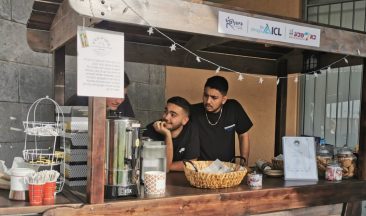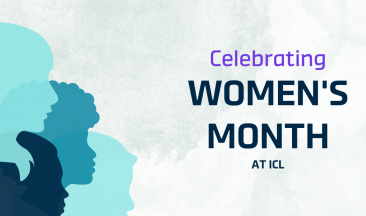Many victims of sexual violence do not rush to seek help. The MASLAN organization, where ICL employees volunteer, tries to get to as many of these victims as possible and help them.
Irena Davidov, an ICL employee and a volunteer at the MASLAN hotline, is unable to forget her first time at a shelter for victims of domestic violence. “One of the rooms in the shelter was filled with babies’ cribs. The thought that these little ones were in such a place stayed with me for days.”
Irena, has been volunteering at MASLAN for about a year, and operates the organization’s hotline. MASLAN (Hebrew acronym of Help Center for Victims of Sexual Assault and Violence) was established in 1988 to help, accompany and serve as a source of practical and emotional support for the victims and their families. Alongside aid to the victims, the organization advocates social change, raising awareness, and significantly reducing the violence and sexual violence phenomena.
The data on victims of violence in the family and sexual assault are horrifying. Global estimates published by World Health Organization (WHO) indicate that about 1 in 3 (35%) of women worldwide have experienced either physical and/or sexual intimate partner violence or non-partner sexual violence in their lifetime. In the U.S., according to Centers for Disease Control and Prevention (CDC), more than 10 million men and women are subjected to domestic violence every year. More than 1 in 3 women (35.6%) and more than 1 in 4 men (28.5%) in the US report having experienced rape, physical violence, and/or stalking by an intimate partner in their lifetime. Intimate partner violence accounts for 15% of all violent crime. Eighty five percent of domestic violence victims are female, and 15% are male. One of every five children will experience sexual abuse. Approximately 5 million children in the U.S. are exposed to domestic violence every year.
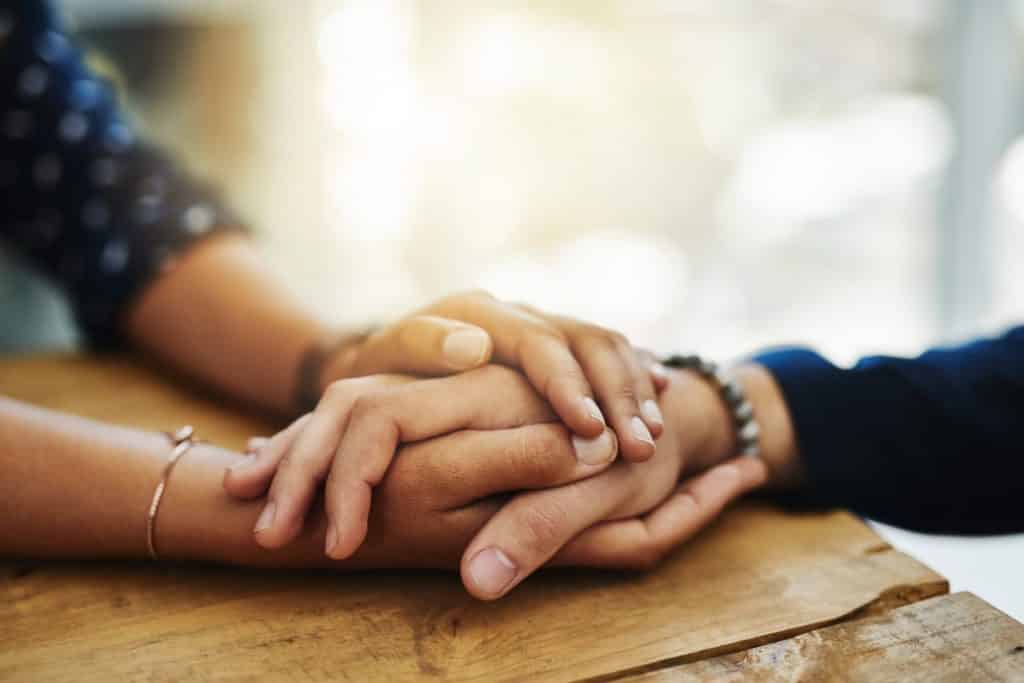
Despite the wide scope of the phenomenon, relatively few victims seek help. MASLAN and similar organizations work to increase awareness and to reach as many victims as possible. With the global rise of the #MeToo movement, which encourages women and men to cry out against sexual harassment and abuse, we can hope that more victims will seek help.
You may be interested in:
‘Suddenly, We Saw a Tip of a Shoe among the Ruins’
Waving the flag of diversity in Brazil
Irena explains that the difficulty in seeking help is enormous: “Not everyone has the courage to find help or file a complaint. According to the data, only 10% of the victims in this region, go to the police. Here on the hotline, we see many victims who refuse to identify themselves. They mainly want to talk, to have someone listen to them. Some are ashamed of their situation, and it is part of our job to get them to feel that it’s not their fault, and help remove the barrier of shame.”
To learn to be detached
Irena is not the only ICL employee who volunteers at MASLAN. Other employees and retirees volunteer there, and fill various roles in the organization’s management. “Volunteers and donations are vital for the organization’s continuous activities, because of limited resources and its professional staff is small,” says Irena.
The hotline volunteers are active in various ways. In addition to answering calls, they accompany victims to the police to file complaints and to the courts. Their support also includes finding alternative housing and shelters for abuse victims in cases of domestic violence.
Irena went through a training period which lasted eight months, and is aimed to provide the volunteers with multiple tools to help the victims who call the center, but also allowed the volunteers to examine whether they are capable of coping with what is required of them. “In this work, you encounter horrifying stories and many difficult cases,” says Irena, “and you have to know how to detach to a degree, so that you are able to help.”
Although she has faced many difficult cases, Irena believes in healing and restoration: “I volunteer because I believe that even if you save only one soul, it accounts as if you had saved a full world”.
